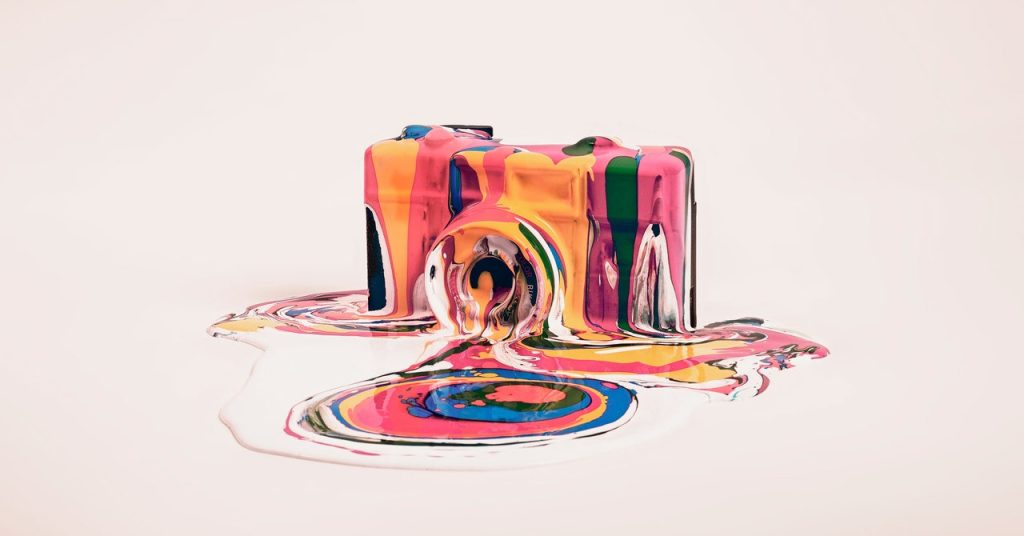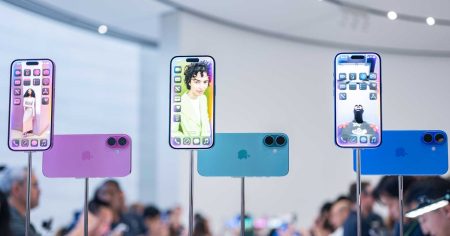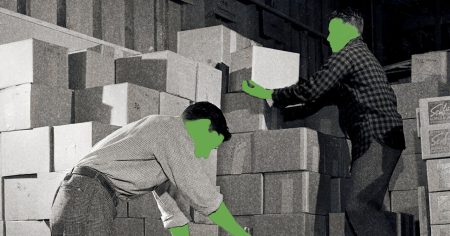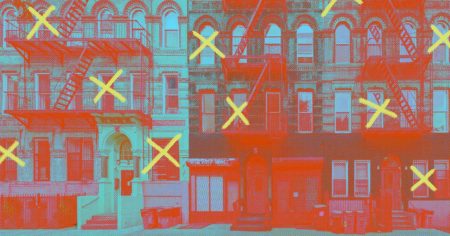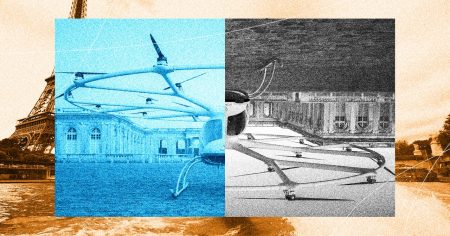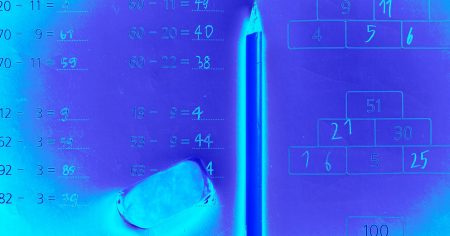There’s a usage cap on how often you can interact with the GPT-4 version of ChatGPT. (These prompts take a hefty amount of computer power to process!) The official limit is set at 50 prompts every three hours. If you hit this wall, the chatbot displays an error message with how long you will have to wait before regaining access.
Beyond the rate limit, be prepared to wait around 30 seconds for the images to arrive. If any of the creations go against OpenAI’s guidelines, you may only receive compliant images or even a message denying the request.
Advice for Experimenting With Dall-E 3
If you’ve ever experimented with an AI image generator before, like Dall-E 2 or Midjourney, one of the biggest differences is that you can now see how ChatGPT acts as an intermediary, crafting multiple prompts for Dall-E 3 to complete.
These prompts created by ChatGPT range from long sentences to complete paragraphs, and each includes different details for Dall-E 3. If people are in the image, the chatbot will often explicitly mention gender and race for the subjects. For example, here is one of the Dall-E 3 prompts ChatGPT used when I requested an image of two WIRED reporters interviewing a CEO:
“Photo of a diverse group of three people in a corporate setting: a Middle Eastern female WIRED reporter holding a camera, an African female WIRED reporter with a microphone, and a Caucasian male CEO responding to their questions. The backdrop is a sleek office lounge area.”
If you don’t like the first results the chatbot spits out, ask for some aspects to be adjusted, like the color scheme or the overall vibe. Let’s say you really enjoy the third image Dall-E 3 produces from your prompt. After clicking the download button in the top left corner, you can request more images that look similar to the third option.
Has anything been done to protect artists in this new update? Not really. While the chatbot won’t create images if you ask it to mimic a contemporary artist, there are plenty of workarounds.
I asked ChatGPT to design a coffee mug with art in Keith Haring’s style. The AI tool refused the initial prompt but offered a compromise, “I can create a design inspired by the general characteristics of his art, such as bold lines, vibrant colors, and simplistic figures. Would you like me to proceed with that?” The end results from ChatGPT, in this instance, were messy and mediocre.
With Dall-E 3, the art from some of the prompts could pass for human-made until you look closely at the background and finer details. Despite improvements in quality, many of the underlying issues with image generators remain.
Expect to see weird distortions and uncanny faces in the images Dall-E 3 creates. The issues can be humorous, like a chatbot struggling to label baking ingredients, but other mistakes are more serious. When asked to create a map outlining Israel and the Gaza Strip, ChatGPT repeatedly mislabeled Gaza as part of the Mediterranean Sea.
Another issue for image generators is that the tools commonly revert to racist stereotypes when depicting humans. Dall-E 3 is no exception. Out of the 20 images I asked ChatGPT to create depicting “WIRED reporters,” the chatbot requested specific, diverse representation for the images, with just a couple of exceptions. When ChatGPT didn’t add race or gender to the prompt, the results were all white and primarily male.
Read the full article here
